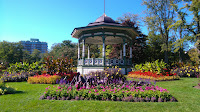I'm delighted to introduce the multi-talented Paul Smith to you.
Many Yorkshire writers (born or living here) are now familiar with Paul as one of the founder members, with Edwin Rydberg, of the Promoting Yorkshire Authors site. A fabulous tool for everyone - talks, workshops, meetings - but more of that another time.
Many Yorkshire writers (born or living here) are now familiar with Paul as one of the founder members, with Edwin Rydberg, of the Promoting Yorkshire Authors site. A fabulous tool for everyone - talks, workshops, meetings - but more of that another time.
Paul has achieved such a lot on his writing journey, that it's easier (for me!) to let him tell you the story.
Go ahead Paul...
Go ahead Paul...
I've written two novels and three travel guides in my own name, a six part fantasy series plus some prequels and a sequel under the pen name Joseph Murphy-James and two Yorkshire Sagas under the name Annie Eileen Rogers.
I have also provided proof-reading and editing for some successful novels including Hell Holes, The Khan, The Mission, Sistaz Revenge (loved this one), Above and Beyond, Operation Underpants (and this one), Claudia, The Frenchman's Daughters, The President's Legionnaire and Wolf 359.
Like many writers, I’ve done other things with my life to pay the mortgage and keep the wolves from the door. Ask me about them if you’re interested but they include testing roles like Senior Management in FTSE 50 companies plus a stint growing an SME and helping others to expand theirs. For the record, I’m keen on technology and know a great deal about it.
 I founded and now run the Wise Grey Owl book promotion site that has achieved over 2M book views. You’ll find my blogs on Tumblr, Instagram and Facebook, mostly to assist in the marketing and sales of my own and other authors’ books.
I founded and now run the Wise Grey Owl book promotion site that has achieved over 2M book views. You’ll find my blogs on Tumblr, Instagram and Facebook, mostly to assist in the marketing and sales of my own and other authors’ books. What did I say?
Here are the links to Paul's books - enjoy!
The Shires of York Series http://www.shiresofyork.com
Four Seasons of Heythwaite https://www.wisegreyowl.co.uk?1_ad056522-77ae-42d4-75b9-50a60233ad09
A Question of Resistance https://www.wisegreyowl.co.uk?1_7f1a61a8-d97f-11d4-e12d-9ffc9708b7fa
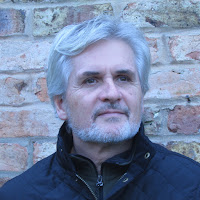





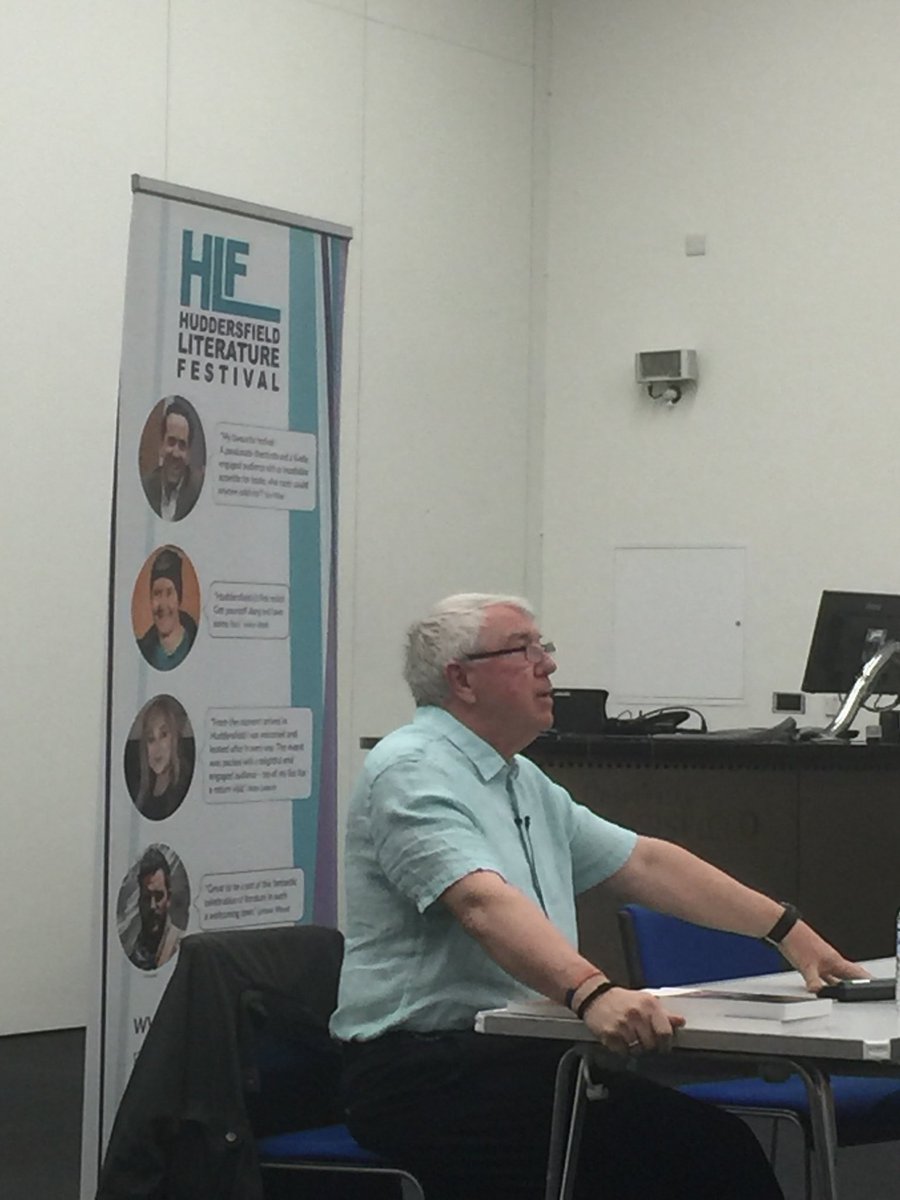

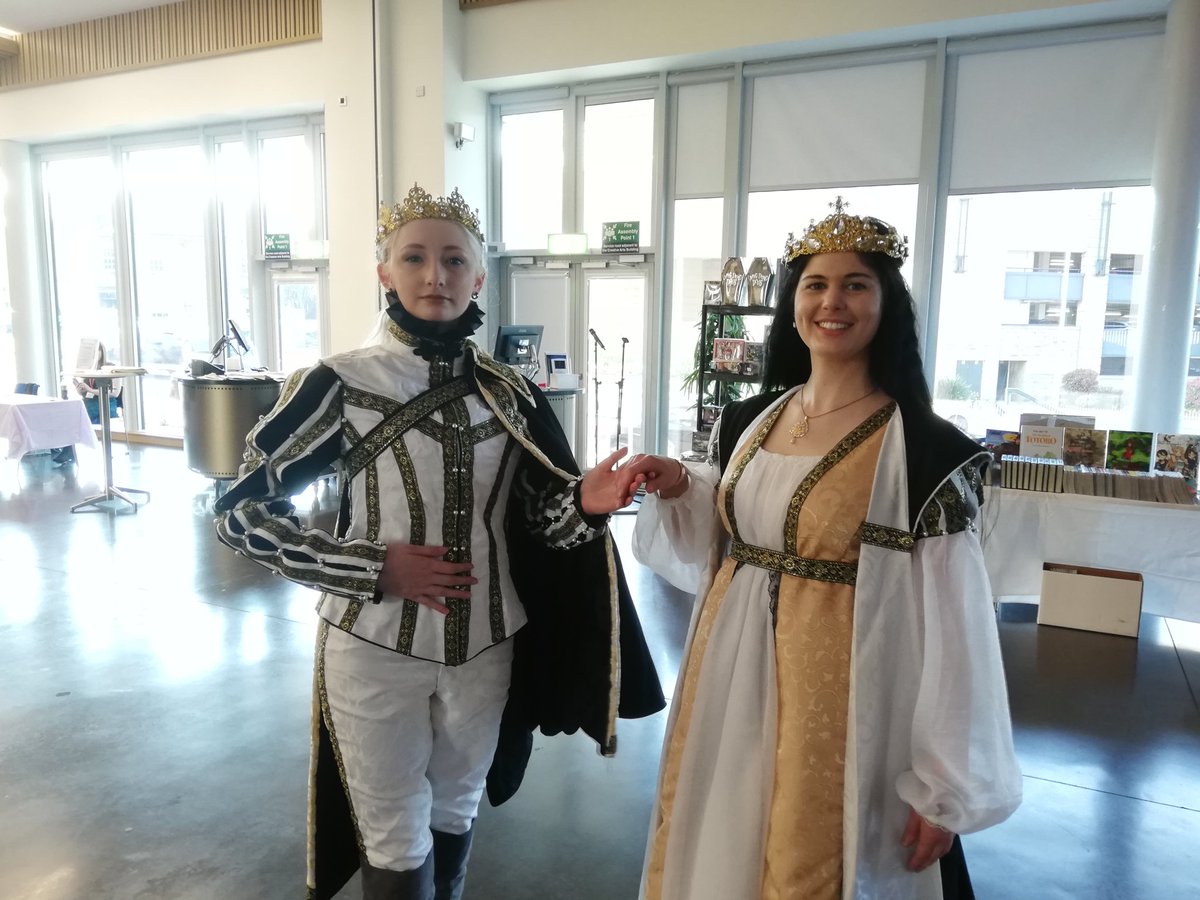



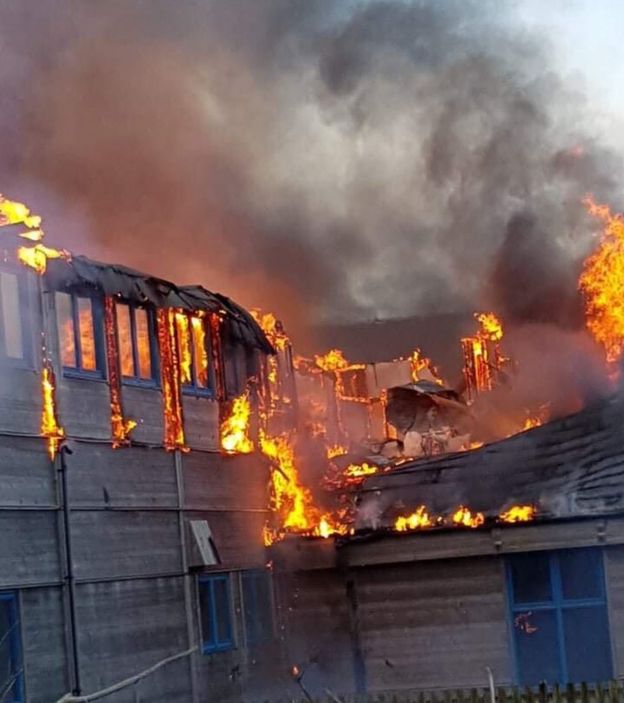
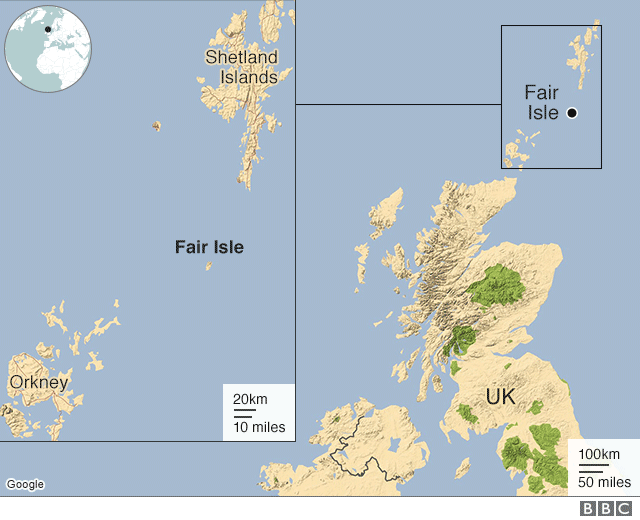



















 The citadel is now a 'living history' museum with volunteer re-en actors giving visitors a real sense of what is what like to live there. They fire the noon day cannon still. It goes with quite a bang. I forgot this was going to happen and we jumped out of our skins!
The citadel is now a 'living history' museum with volunteer re-en actors giving visitors a real sense of what is what like to live there. They fire the noon day cannon still. It goes with quite a bang. I forgot this was going to happen and we jumped out of our skins!

